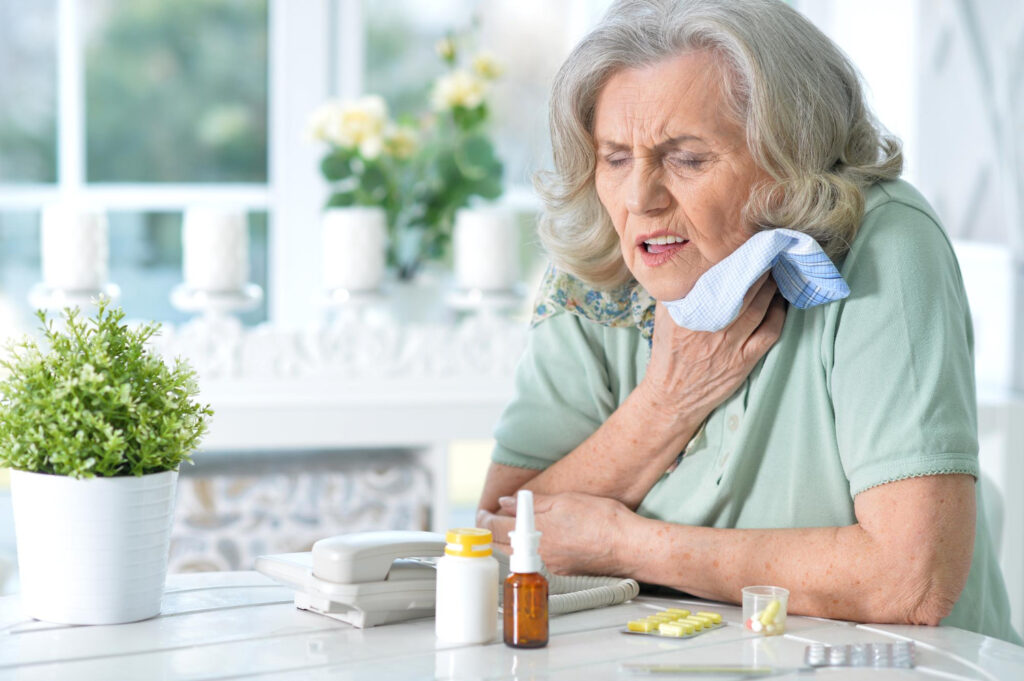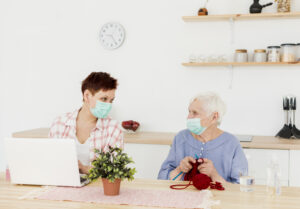A decline in personal hygiene refers to a noticeable reduction in the regular care and cleanliness of one’s body, which can manifest in various ways such as unkempt hair, body odor, dirty clothes, or poor oral hygiene. This decline can be caused by a variety of factors, including mental health issues such as depression or anxiety, physical ailments that limit mobility, or cognitive impairments that make it difficult to maintain regular grooming habits. In some cases, environmental factors, like lack of access to clean water or personal care products, can also contribute to a decline in hygiene.
The consequences of poor personal hygiene extend beyond physical appearance and can impact an individual’s overall health and well-being. It can lead to skin infections, dental problems, and an increased susceptibility to illnesses due to a weakened immune system. Additionally, it can affect one’s social interactions and self-esteem, leading to isolation or strained relationships. Addressing a decline in personal hygiene often involves identifying the underlying cause and providing appropriate support or intervention, whether through medical treatment, mental health counseling, or improved access to resources.










